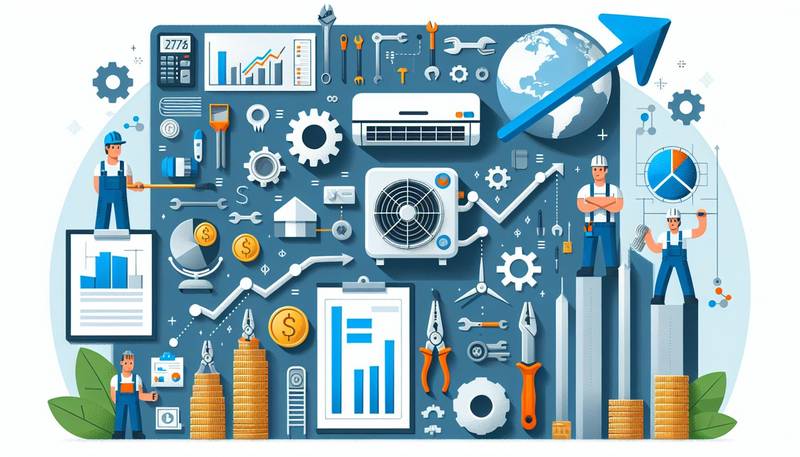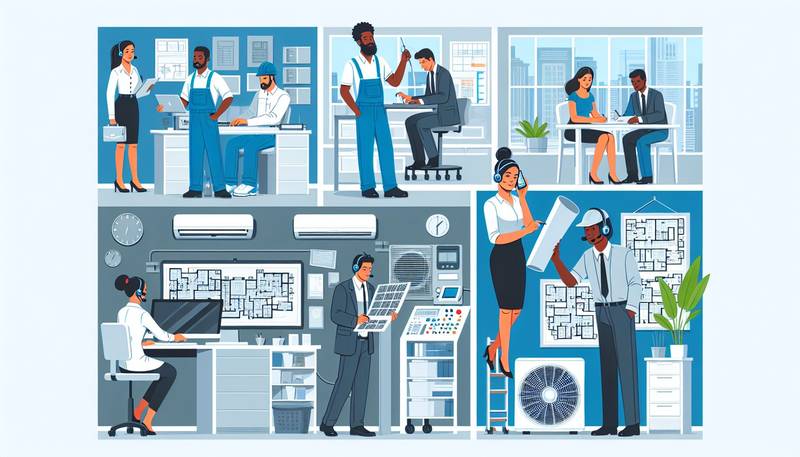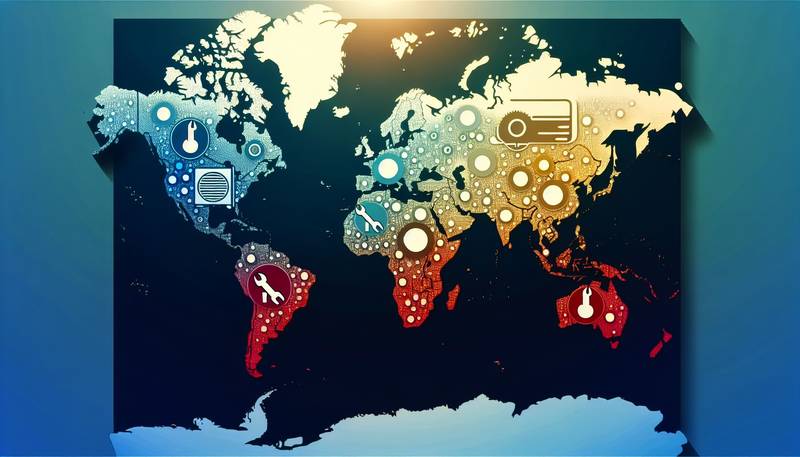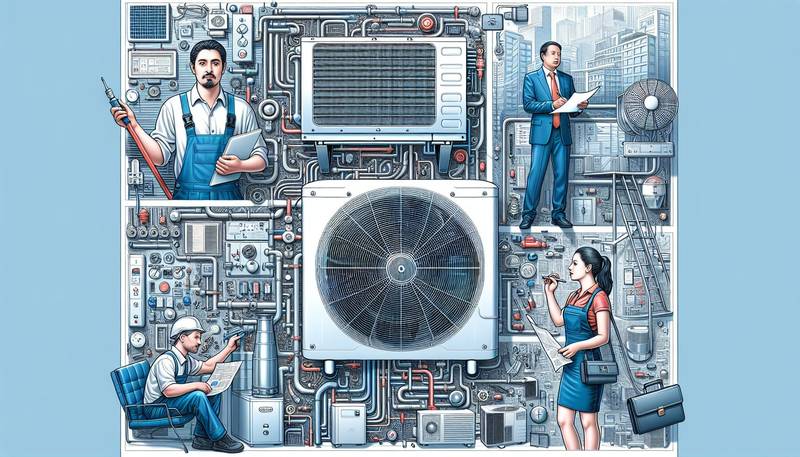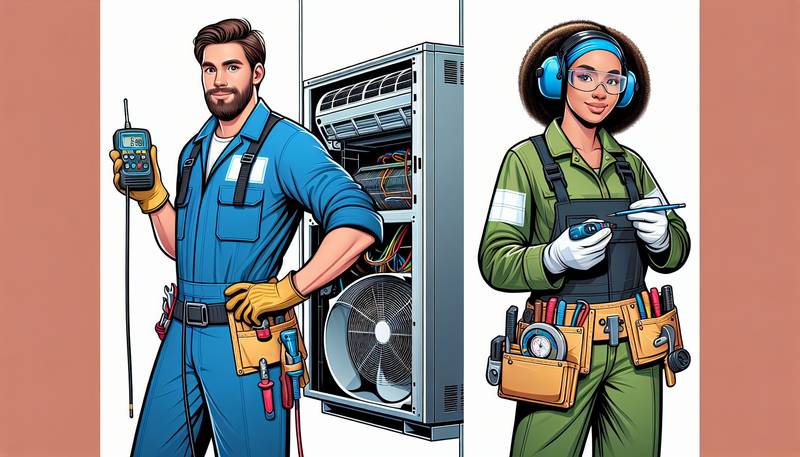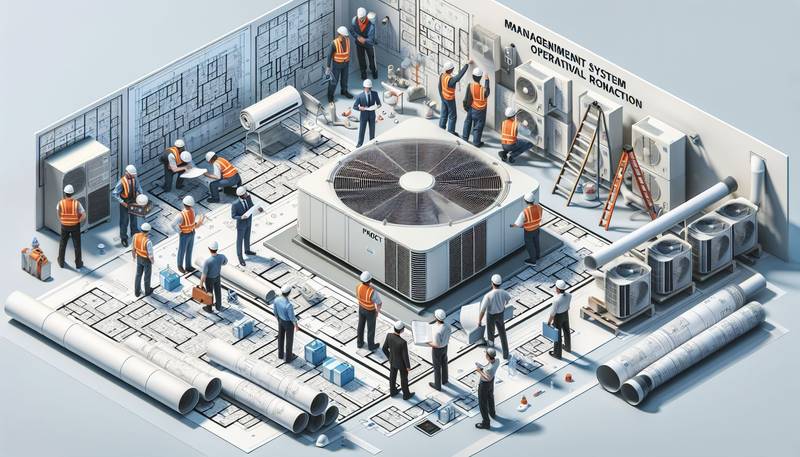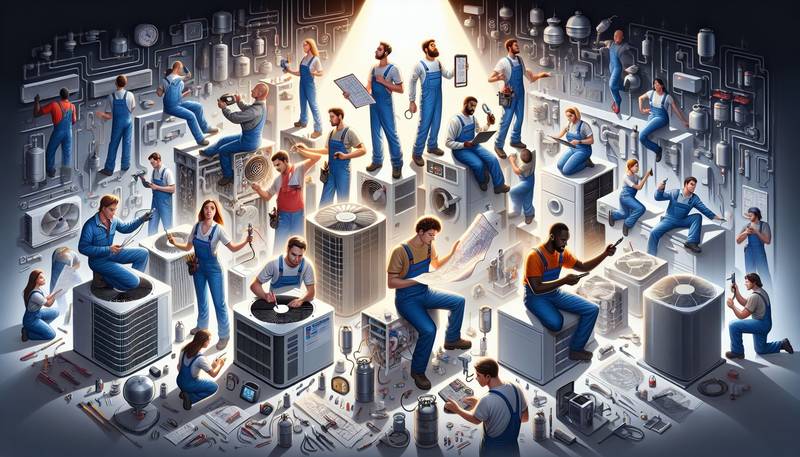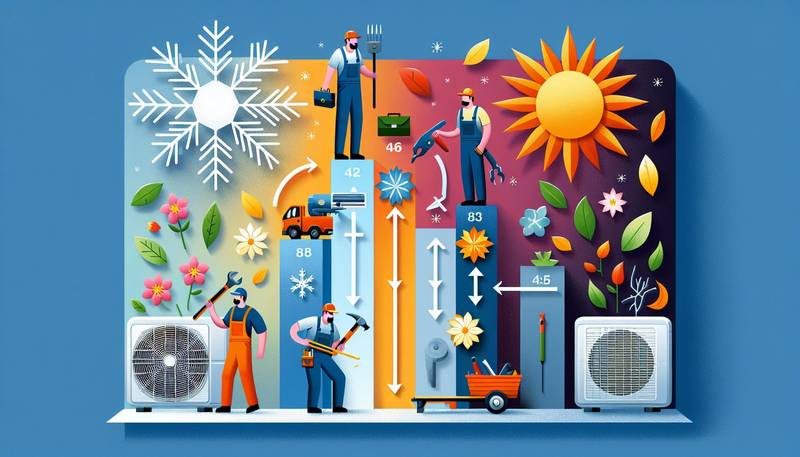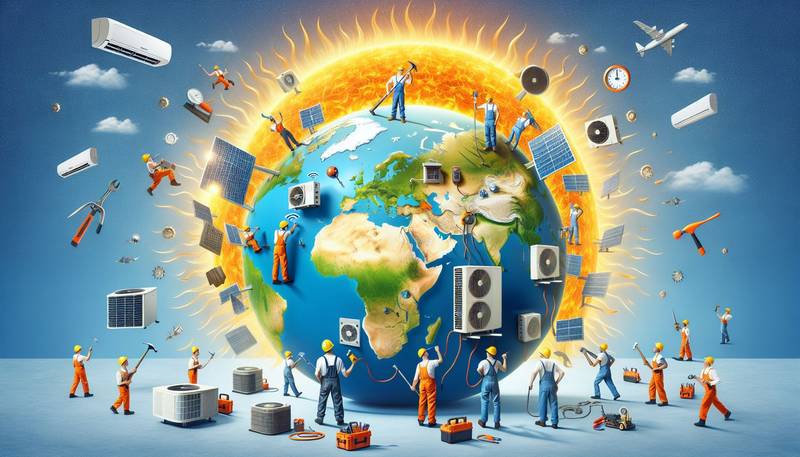The Economic Impact of Air Conditioning Jobs: A Sector Analysis
In this article, we will delve into the economic impact of air conditioning jobs, examining the industry's contribution to the economy and its potential for further growth.
Contribution to GDP
The air conditioning sector plays a crucial role in the economy by contributing to the Gross Domestic Product (GDP) through job creation, infrastructure investment, and consumer spending. According to the Bureau of Economic Analysis, the HVAC industry generated more than $93 billion in GDP in 2020, employing a multitude of workers across various sectors.
Job Creation and Employment Opportunities
The air conditioning industry serves as a major source of employment, offering job opportunities to technicians, engineers, sales professionals, and support staff. The U.S. Bureau of Labor Statistics reports that the HVAC sector employs over 400,000 workers, with a projected job growth rate of 4%!f(MISSING)rom 2020 to 2030. These jobs not only provide competitive wages but also present avenues for career advancement and specialization.
Investment in Innovation and Research
With the increasing demand for energy-efficient and environmentally friendly air conditioning systems, the industry is making substantial investments in innovation and research. Companies are developing cutting-edge technologies like smart thermostats, variable refrigerant flow systems, and solar-powered air conditioners to meet the changing needs of customers and comply with energy efficiency standards.
Consumer Spending and Market Expansion
Rising disposable incomes and rapid urbanization are driving consumers to invest in air conditioning systems for residences, workplaces, and vehicles. Analysts forecast that the global air conditioning market will reach $145 billion by 2025, fueled by growing demand in emerging markets and the replacement of outdated units in developed nations. This upsurge in consumer spending generates revenue for manufacturers, suppliers, and service providers, stimulating economic growth.
Challenges and Opportunities in the Industry
While the air conditioning sector presents lucrative opportunities for job seekers and investors, it also faces challenges such as sustainability concerns, a shortage of skilled labor, and fierce market competition. Companies must adapt to evolving regulations, embrace sustainable practices, and invest in training programs to stay competitive in the dynamic market.
Conclusion
In summary, the economic impact of air conditioning jobs is substantial, driving GDP growth, creating employment opportunities, fostering innovation, and stimulating consumer expenditure. As the industry continues to expand, there are ample opportunities for skilled professionals and businesses to flourish in this dynamic sector. By prioritizing sustainable practices, investing in workforce development, and advancing technological innovations, the air conditioning industry can continue to play a pivotal role in the global economy for years to come.
